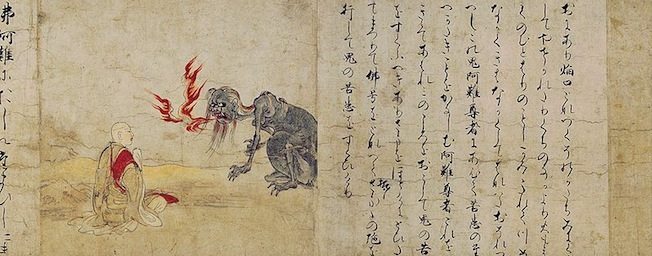
Dr. Gabor Maté Asserts No Human Is Ever Beyond Redemption
Categories: Health & Healing Psychology & Personal Growth
begins his book, In the Realm of Hungry Ghosts: Close Encounters with Addiction, with the following explanation of the hungry ghost realm in the Buddhist wheel of life, several questions we must ask (and try to answer) about the addiction process, and what readers can expect to explore through the topics covered in the book.
Tags: Gabor MatéHungry Ghosts: The Realm of Addiction
“Yon Cassius has a lean and hungry look.” —WILLIAM SHAKESPEARE, Julius Caesar
The mandala, the Buddhist wheel of life, revolves through six realms. Each realm is populated by characters representing aspects of human existence—our various ways of being. In the beast realm we are driven by basic survival instincts and appetites such as physical hunger and sexuality, what Freud called the id. The denizens of the hell realm are trapped in states of unbearable rage and anxiety. In the god realm we transcend our troubles and our egos through sensual, aesthetic, or religious experience, but only temporarily and in ignorance of spiritual truth. Even this enviable state is tinged with loss and suffering.
The inhabitants of the hungry ghost realm are depicted as creatures with scrawny necks, small mouths, emaciated limbs, and large, bloated, empty bellies. This is the domain of addiction, where we constantly seek something outside ourselves to curb an insatiable yearning for relief or fulfillment. The aching emptiness is perpetual because the substances, objects, or pursuits we hope will soothe it are not what we really need. We don’t know what we need, and so long as we stay in the hungry ghost mode, we’ll never know. We haunt our lives without being fully present.
Some people dwell much of their lives in one realm or another. Many of us move back and forth between them, perhaps through all of them in the course of a single day.
My medical work with drug addicts in Vancouver’s Downtown Eastside has given me a unique opportunity to know human beings who spend almost all their time as hungry ghosts. It’s their attempt, I believe, to escape the hell realm of overwhelming fear, rage, and despair. The painful longing in their hearts reflects something of the emptiness that may also be experienced by people with apparently happier lives. Those whom we dismiss as “junkies” are not creatures from a different world, only men and women mired at the extreme end of a continuum on which, here or there, all of us might well locate ourselves. I can personally attest to that. “You slink around your life with a hungry look,” someone close once said to me. Facing the harmful compulsions of my patients, I have had to encounter my own.
No society can understand itself without looking at its shadow side. I believe there is one addiction process, whether it is manifested in the lethal substance dependencies of my Downtown Eastside patients; the frantic self-soothing of overeaters or shopaholics; the obsessions of gamblers, sexaholics, and compulsive Internet users; or the socially acceptable and even admired behaviors of the workaholic. Drug addicts are often dismissed and discounted as unworthy of empathy and respect. In telling their stories my intent is twofold: to help their voices to be heard and to shed light on the origins and nature of their ill-fated struggle to overcome suffering through substance abuse. They have much in common with the society that ostracizes them. If they seem to have chosen a path to nowhere, they still have much to teach the rest of us. In the dark mirror of their lives, we can trace outlines of our own.
These are the host of questions to be considered. Among them:
• What are the causes of addictions?
• What is the nature of the addiction-prone personality?
• What happens physiologically in the brains of addicted people?
• How much choice does the addict really have?
• Why is the War on Drugs a failure, and what might be a humane, evidence-based approach to the treatment of severe drug addiction?
• What are some of the paths for redeeming addicted minds not dependent on powerful substances—that is, how do we approach the healing of the many behavior addictions fostered by our culture?
The narrative passages in [In the Realm of Hungry Ghosts] are based on my experience as a medical doctor in Vancouver’s drug ghetto and on extensive interviews with my patients—more than I could cite. Many of them volunteered in the generous hope that their life histories might be of assistance to others who struggle with addiction problems or that they could help enlighten society regarding the experience of addiction. I also present information, reflections, and insights distilled from many other sources, including my own addictive patterns. And finally, I provide a synthesis of what we can learn from the research literature on addiction and the development of the human brain and personality.
Although the closing chapters offer thoughts and suggestions concerning the healing of the addicted mind, this book is not a prescription. I can say only what I have learned as a person and describe what I have seen and understood as a physician. Not every story has a happy ending, as the reader will find out, but the discoveries of science, the teachings of the heart, and the revelations of the soul all assure us that no human being is ever beyond redemption. The possibility of renewal exists so long as life exists. How to support that possibility in others and in ourselves is the ultimate question.
I dedicate this work to all my fellow hungry ghosts, be they inner-city street dwellers with HIV, inmates of prisons, or their more fortunate counterparts with homes, families, jobs, and successful careers. May we all find peace.

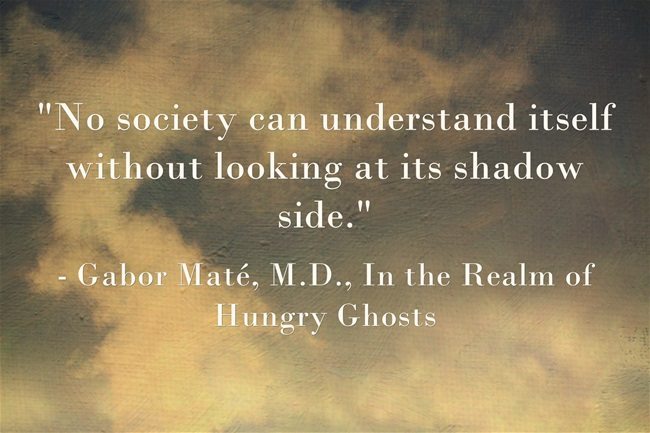
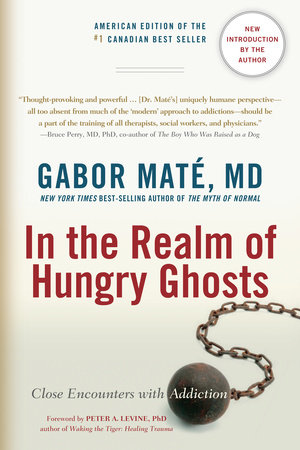
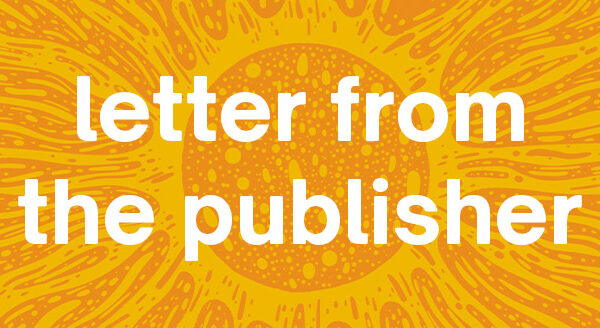
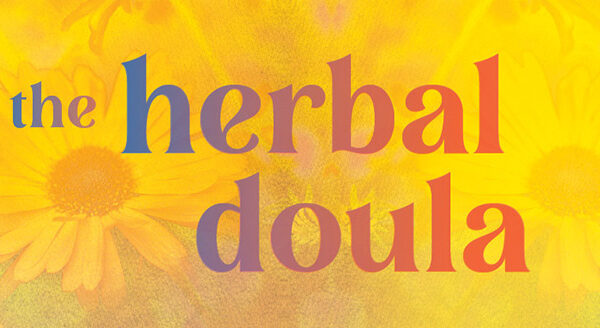

![By Challiyil Eswaramangalath Vipin from Chalakudy, India (cigarette.. like a cigarette in the rain) [CC-BY-SA-2.0 (https://creativecommons.org/licenses/by-sa/2.0)], via Wikimedia Commons](https://www.northatlanticbooks.com/wp-content/uploads/2014/02/Cigarette_smoke.jpg)